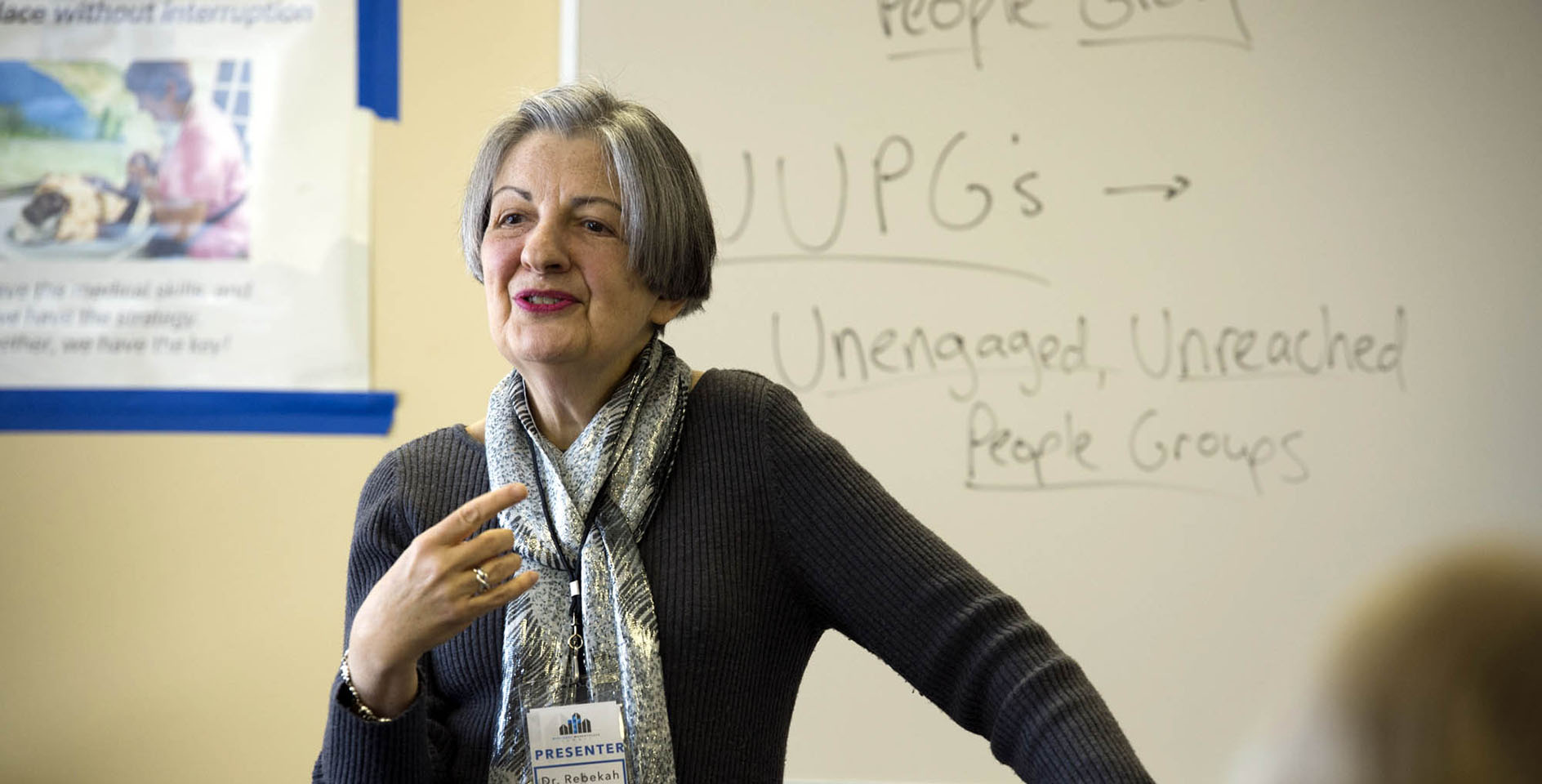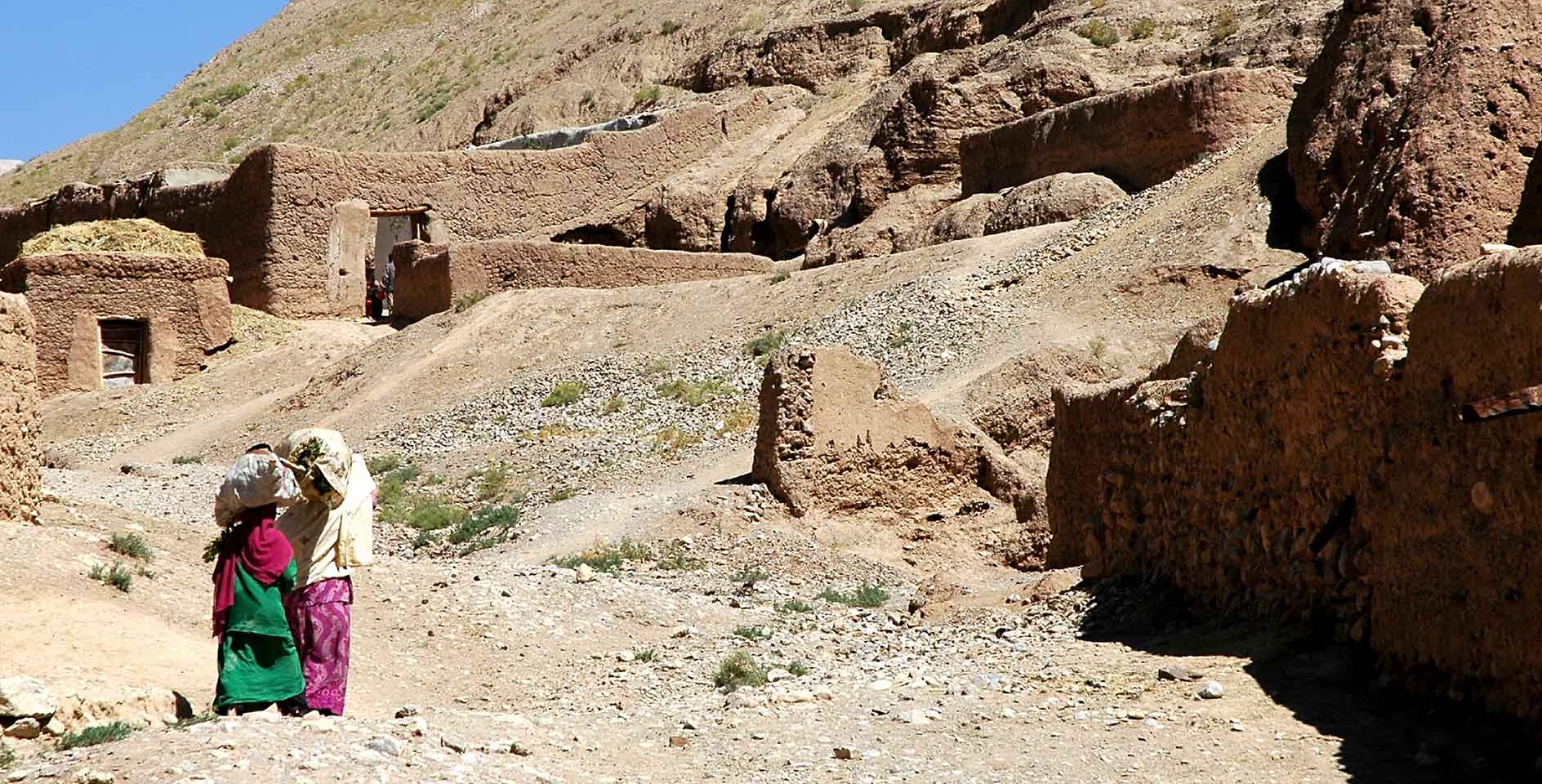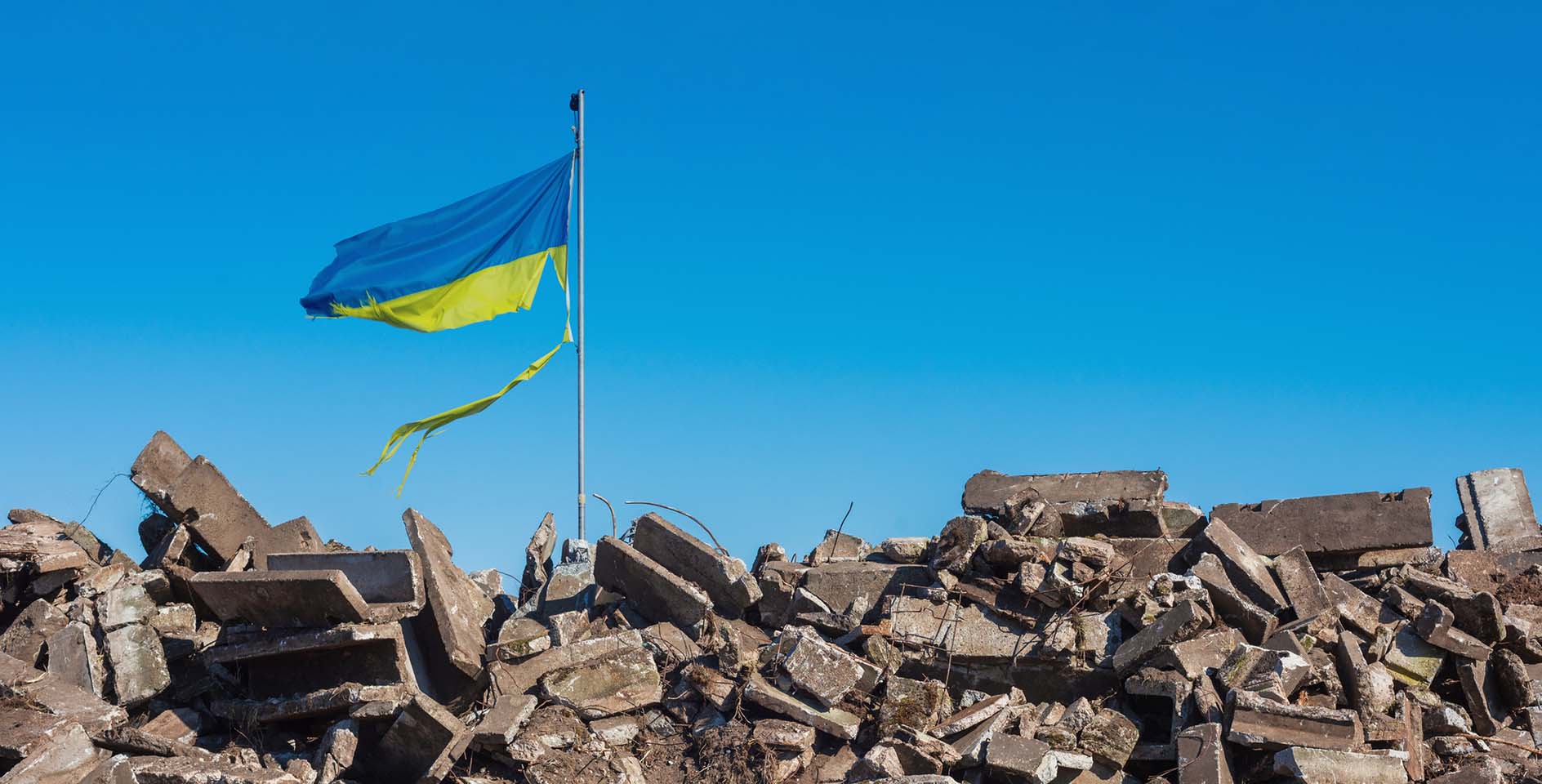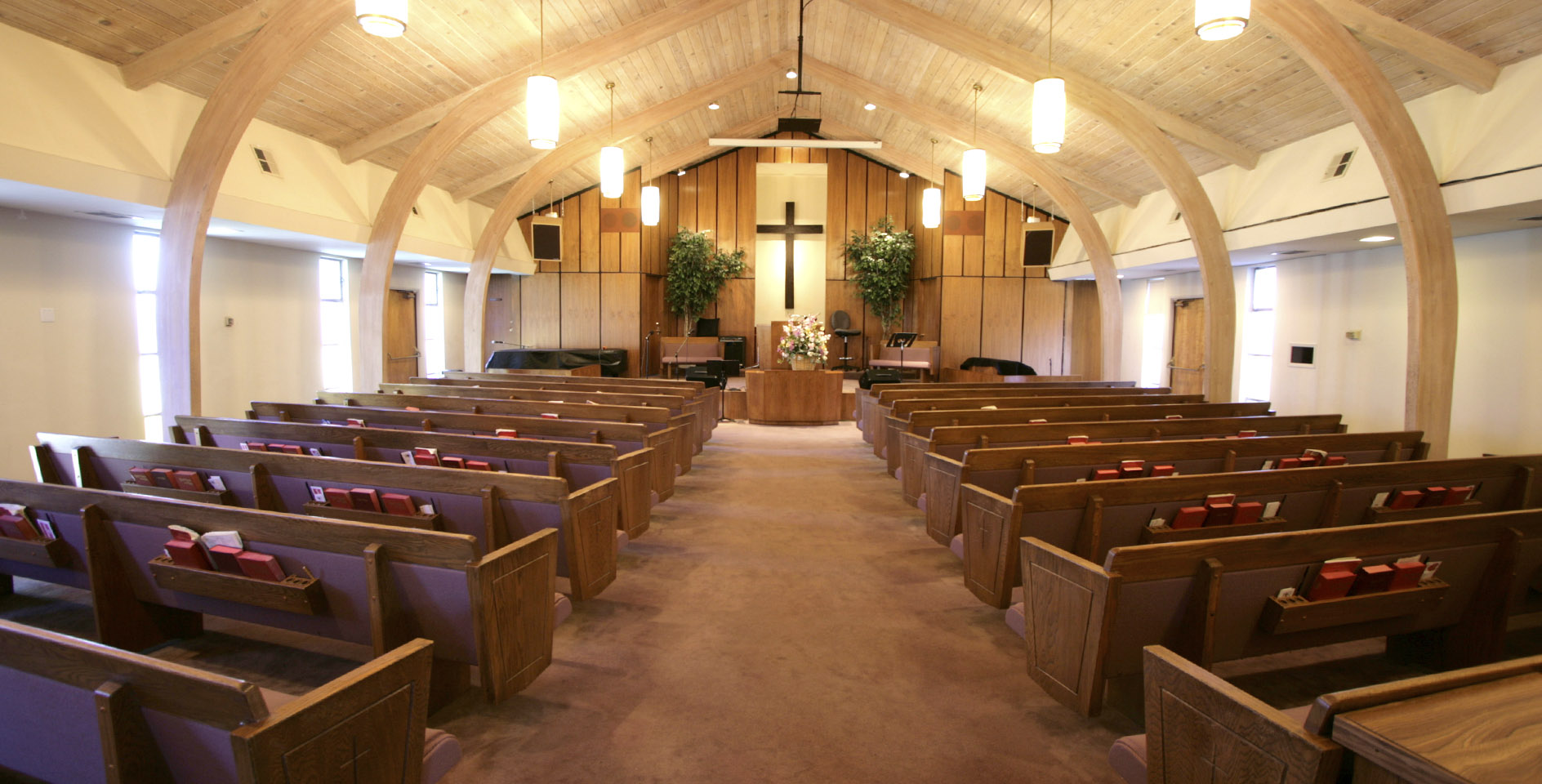Around Christmastime, Southern Baptists are accustomed to hearing about Lottie Moon, the incredible former missionary to China who pioneered the way for many more to take the gospel to faraway lands. Dr. Rebekah Naylor, a former medical missionary to India through the International Mission Board, is referred to by many as the modern-day Lottie Moon. In addition to her many accomplishments overseas, she currently holds the title of the first female distinguished professor of missions and permanent missionary-in-residence at Southwestern Baptist Theological Seminary. Dr. Naylor was kind enough to give us a glimpse into her life as a missionary and heart for the nations.
Elizabeth Bristow: People often refer to you as a modern-day Lottie Moon. You professed your faith in Christ at age five, and then you felt God calling you to the medical mission field eight years later. So can you describe what that moment was like for you as a 13-year-old girl? How did you sense God’s calling upon your life at this time?
Rebekah Naylor: I had learned about missions my whole life. My father was my pastor, and we prayed for missionaries. I had met missionaries in our home. But it was during a week of foreign mission emphasis in our church that missionaries were speaking. And it was in that week that I just sensed inside of me a direction that this was personal and God wanted me to do this. I could not imagine that I could do something that, in my mind, was huge. How could I do that? And it was [after] several months of prayer — I didn’t tell anyone, even my parents — that I finally said, “OK, Lord, if this is it, I’ll do it.” And immediately all the confusion went away, and there was peace.
EB: You received an undergraduate degree from Baylor in Waco, Texas, and then you completed your medical training at Vanderbilt, in Nashville, Tennessee. Following your surgical training in 1973, you were appointed to what is now the IMB. Then, it was the Foreign Mission Board. You served at the Bangalore Baptist Hospital for 29 years in Bangalore, India. During this time, the hospital expanded and experienced significant growth. Reflecting back over your years serving in Bangalore, what was the most rewarding aspect of your work?
RN: It’s hard to isolate one. Of course, seeing people made well physically, and spiritually, to find wholeness [in] Jesus, would be the most rewarding. Investing in future generations of leadership, discipleship ministries, and modeling leadership, administration, teaching, and clinical care was all very rewarding and continues to be because the hospital today is remarkable. I just could not be more rewarded, especially seeing the leadership that is strong and faithful to the Lord and to the work of the hospital.
EB: What were some of the biggest challenges you faced during your 29 years serving at the hospital?
RN: You know, I tend not to think of [them]. Obviously, there were crises. There were problems. Those are not foremost in my mind because God did so many wonderful things, even in those. Yes, being away from family was probably the hardest thing. I think another challenge was communication. India is a very multilingual country with scores of major languages. In addition, they have dialects of those. So that was always a challenge, because I just wished I could have communicated well with everyone, which wasn’t possible.
EB: Besides serving as a missionary surgeon and professor, you also worked as a strategy coordinator and a church planter for the IMB in Karnataka, India, from 1992–2009. Will you give us a snapshot of that time, when you worked with medical missions and Indian pastors and helped plant 900 churches in that state?
RN: Those churches really came [about] over all the years through the hospital and its outreach through local pastors, church planters, and Indian evangelists. As patients came to the hospital, our chaplains were able to share the gospel with them. Many believed, and they were followed up with in their homes. If the interest was there and they truly believed, then Bible study groups were started, and eventually, house churches. From the beginning, we tried to ensure that they multiplied into surrounding communities. And so, multiplication is how those hundreds were possible. It was a collective effort, with much prayer and much hard work from the pastors, the evangelists, the church planters.
EB: Looking back over the time that you worked in church planting, what was the state of religious freedom like in India? And did you all have to undergo challenges when it came to that?
RN: The Constitution of India allows a person to worship as they choose. And when I went to India, it was possible to share the gospel openly in a village or a community. Over time, that became more restricted. It’s very restricted today, but over the years, it slowly became less open. Showing the Jesus film or sharing the gospel would happen more commonly in a home rather than just out by the well or something. I remember once that some of our chaplains were doing follow-up work in a village and were beaten up when they entered the village.
The other thing we noticed is that we could no longer get resident visas to live there as missionaries. From about 1980 onward, we couldn’t get those kinds of visas. So that was another restriction. I struggled to keep a medical license. Supposedly, it was not due to my religious affiliation, but I think it probably was. And, the difficulties have continued to increase.
EB: What type of advice would you give to a young woman who is looking to pursue a calling similar to yours — in medical missions. What encouragement would you offer to someone who is praying through that?
RN: Praying through it is the key, and I think the bottom line is submission to whatever God wants you to do without any qualifications put on it. For example, “I’ll go if I have a husband,” or, “I’ll go if this happens or that.” And if we’re totally submitted to what God wants — to stay here or to go some other place — he will direct our paths. He promised that, and God keeps every promise. We have to submit to and trust him in it. That would be my advice and encouragement. Also, stay in God’s Word. Read missionary biographies. Talk to missionaries. Go to conferences. Use every opportunity to know about our world and its needs.
EB: As Christians, how can we support missionaries? How can we better serve them? What are specific things you pray for?
RN: I pray that they will truly love the Lord with all their heart and mind and soul. I pray that the Spirit will direct them, certainly in the big things, but even daily, for a person that they could meet today. I pray that they will see fruit and be encouraged in their work. Sometimes it’s hard, and so I pray for their encouragement. I pray for them in times of loneliness. I pray for them in times of threat or danger.
God [also] told us to pray for more laborers that he would call from among us and from among the peoples to whom our missionaries have gone. So, praying and certainly giving generously, sacrificially, and cheerfully to support missions communicates to our missionaries that we care and are supporting them, and it encourages them. And, of course, we should be willing to go and our churches should be burdened to send out people from their fellowships. These are all ways that we can really encourage our missionaries.
As we know, the Christmas season is all about giving, because God gave his Son for us. Dr. Naylor’s life and ministry is a perfect example of why it’s important to give to the IMB. We cheerfully give so that we can see the nations cared for and told about the good news of Jesus. Dr. Naylor has a children’s book published about her life that can help you teach your kids about the importance of missionaries and the work of God around the world. All the proceeds from Rebekah: an American Surgeon in India go to the IMB and to missionaries all over our world. This season — and all year long — may we remember to pray for our brothers and sisters who are carrying the gospel, sometimes at a great cost, across the globe.
For more about Lottie Moon and the IMB, view this article and the IMB’s site.










